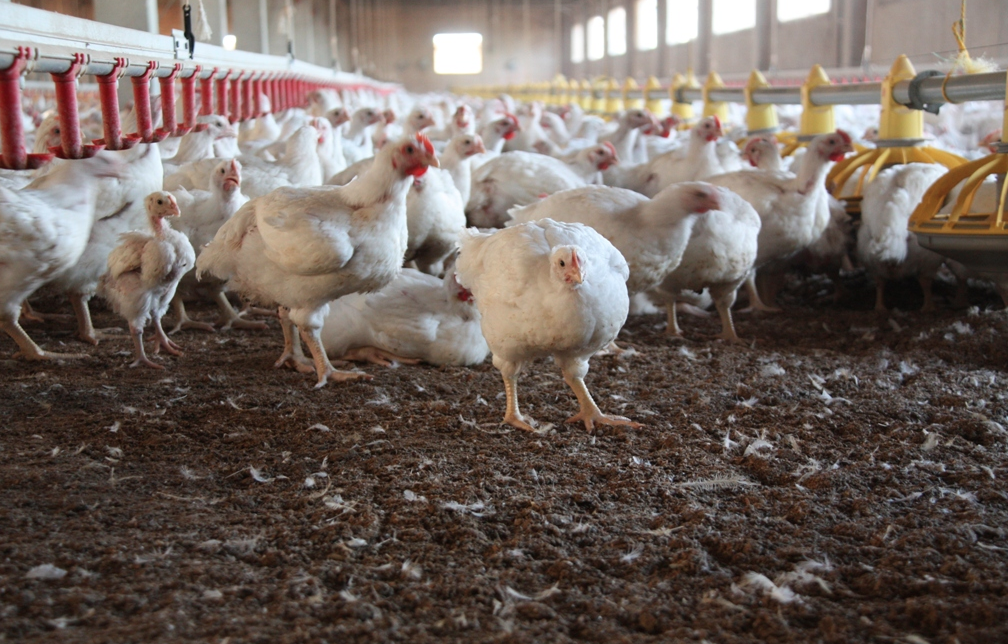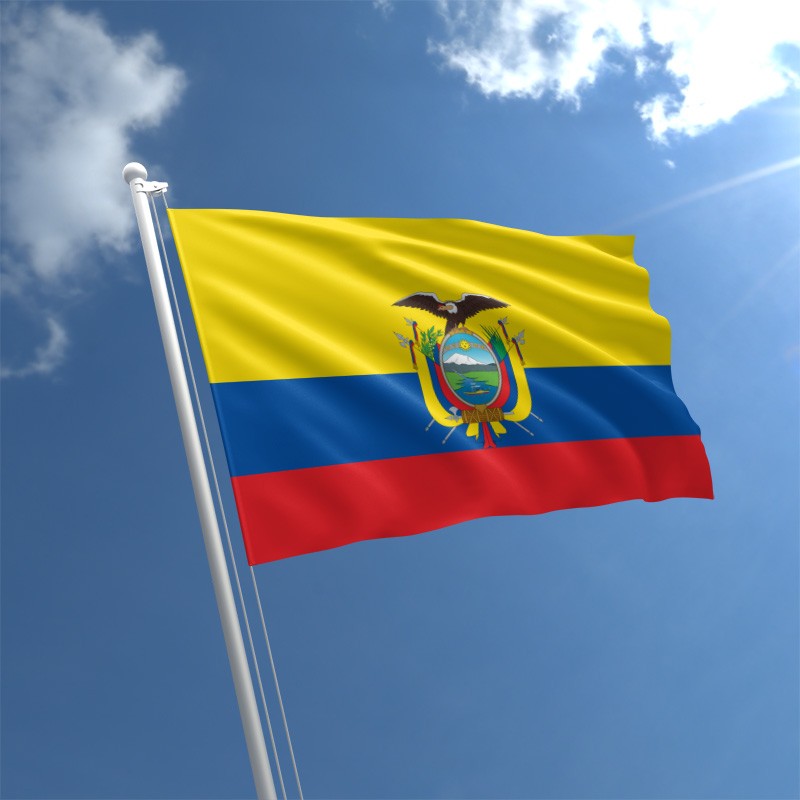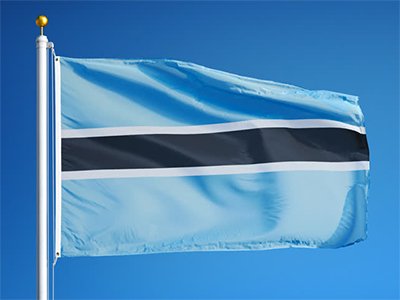Humans Make Up Only 0.01% of Life, But Take a Devastating Toll
The 7.6 billion humans in the world only represent 0.01% of all life, but have somehow managed to cause the significant loss of other species.
A new study, published in the Proceedings of the National Academy of Science, found that since the rise of human civilization, 83% of wild animals, 80% of marine mammals, 50% of plants, and 15% of fish have been lost.
“I would hope this gives people a perspective on the very dominant role that humanity now plays on Earth,” Prof Ron Milo, at the Weizmann Institute of Science in Israel, leader of the study, told The Guardian.
The study also revealed that the vast majority of the remaining mammals and birds aren’t wild, but are domesticated. 70% of all birds are farmed poultry, while 60% of all mammals are livestock and 36% are human, leaving only 4% being wild mammals.
The extreme impact humans have on the planet has scientists on the verge of declaring a new geological era, dubbed the Anthropocene.
Many scientists are also considering this impact to be the sixth mass extinction of life in the history of the Earth, since about half of the Earth’s animals are thought to have been lost in the last 50 years.
According to Milo, “Our dietary choices have a vast effect on the habitats of animals, plants and other organisms,” and he hopes that “people would take this [work] as part of their world view of how they consume.”




